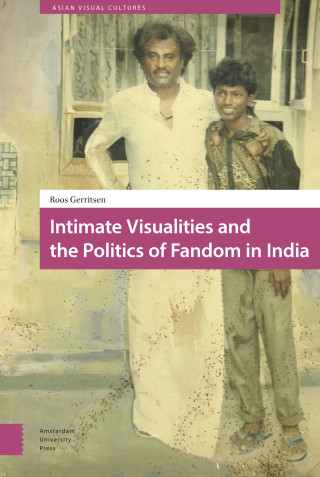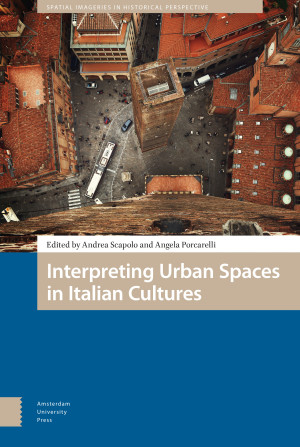''This collection includes a broad range of perspectives, methidologies, and academic traditions, offering a nuanced exploration of how spaces - whether physical, sensory, or conceptual - have been conceived and understood throughout history. The focus is on how sucj representations appear in written, visual, or material sources, from intimate or interior spaces to broader landscapes.''
- Letizia Modena, Italian Culture, 2025

